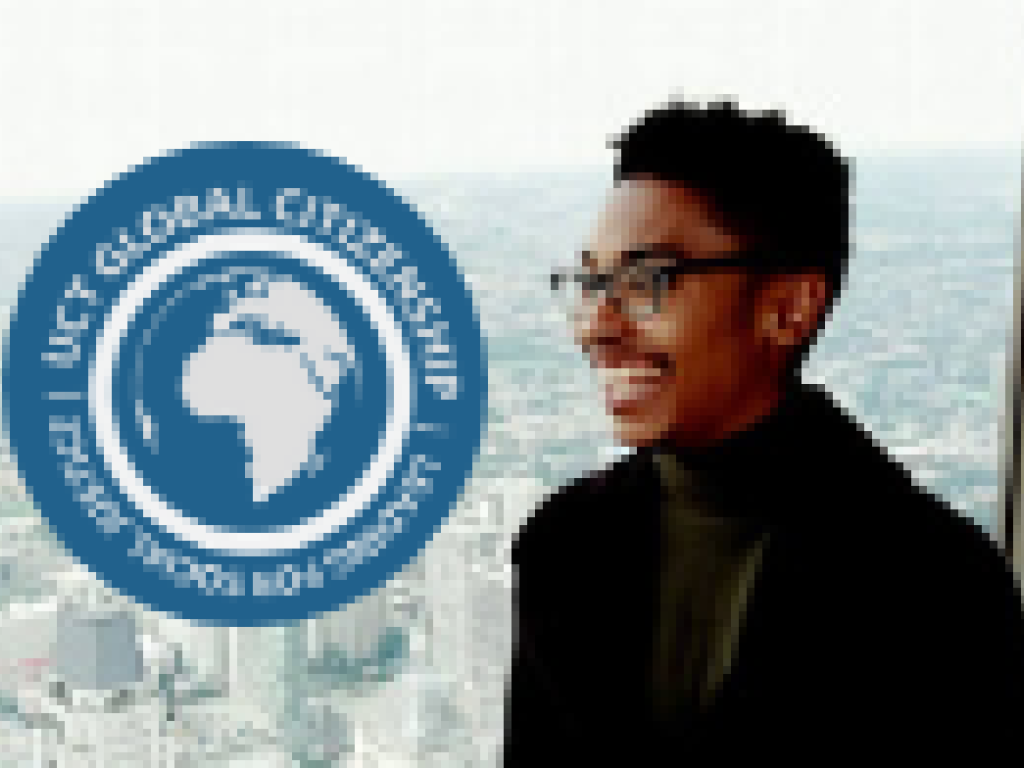The Neo-Liberal erasure of Heritage: Why the “Heritage vs ‘Development’” Debate is an Important One, Brindley Fortuin


The Neo-Liberal erasure of Heritage: Why the “Heritage vs ‘Development’” debate is an Important One - Brindley Fortuin
Cape Town has come under a lot of fire with various civic associations and organisations speaking out against gentrification of the Central Business District (CBD) and its surrounding areas. One of the major challenges posed by gentrification is the very nostalgic sense of displacement of Black, Coloured working class people from their homes and communities. The Bo-Kaap is no exception to the onslaught of private development; grabbing land and homes due to the City’s lax neo-liberal policies.
But what is gentrification? Gentrification refers to the renovation or “development” of property in order to conform to middle class expectations and aesthetic standards. Ever since the lush development of the V&A Waterfront, reappeared back on the scenery of Cape Town, the Central Business District of Cape Town became more attractive to foreign investment. This is especially in line with the city of Cape Town’s continues preoccupation with establishing itself as a Global City. It is this ideology that underpins and gives gentrification its destructive power. A Global City is a term coined by Saskia Sassen and refers to cities which are highly privatised, securitised and technological dependent. They are the type of cities that amass great economic power and often hold great influence over its foreign relations and foreign investments. Cape Town being afforded World Design Capital of the year, is proof of its Global City-ness.
At face value, we see development as good. We understand the world is increasingly becoming more tech-savvy and cities world-wide, is trying to create an aesthetic that is appealing to the tourist eye. Although I don’t have a problem with tourism, it is a vital part of the economy and job creation, I do have a problem of masking displacement of communities and peoples in the name of “development”. We need to constantly as ourselves the question: Development for who?.
Although gentrification seems to be an upward trend in many big cities in developing countries, the Bo-Kaap presents an interesting case study of Heritage vs “Development”. I use “development” in inverted commas because I am quite certain that the development proposed in areas like the Bo-Kaap is not in the interest of the people and communities that currently live there.
The Bo-Kaap has a story that is well known for the community's historical roots to Islam and its continues resistance to oppressive regimes like Apartheid. It is within this context that the Bo-Kaap is layered with multiple meanings and the community is well aware of it. For many, this is their home and the home of their ancestors. The memory and culture of their ‘great-great relatives’ live within the very symbolism that is engraved on the multiple sites within the geographical demarcation of the Bo-Kaap. The food, “die oor die muur skinner stories”, the friendly corner-shop are all the tenets that make the Bo-Kaap a living heritage and a cohesive community. And it is exactly this community that arms themselves with their history, silent voices of their ancestors, culture, language and roots in order to fight the claws of (foreign) private investment.
Within development, one which orientated to serve various needs of the multitude metropolitan community, heritage plays an extremely important role. Above the pragmatic value it adds to the city’s tourism industry and its classist arts and culture life, heritage is what offers many a sense of community. It is not the past or history that is passive in its existence, on the contrary, it is very much alive and embodied. Nonetheless, with the increased participation within a neo-liberal world economy that thrives on private investment and development, heritage becomes a “superficial” expression of human existence. Let me be quite clear, private development has its role to play. Until a world order arrives that suits the need of post-colonial states more adequately, it is rewarding to welcome private investment into ones country. However, there needs to be more regulation. Within the attempt to provide services, build infrastructure, increase resources, we should not forget human dignity. It is not a human property that can be bought, it is one that resides within collective memory, symbolism and action. Heritage is central to this human dignity.
I want to say it is difficult to argue who is to blame, because the process of gentrification is linked to various international, national and local trends of urbanisation. What is quite clear though is that the City of Cape Town is not doing enough in order to prioritise local developmental needs such as housing, service delivery in (previously) disadvantaged communities. It is almost as if the council of Cape Town has served the CBD up for a buffet dinner and everyone wants a piece. South Africa and the City of Cape Town has been called out for their lack response to locals concern over private development and their consequent displacement. The suburbs surrounding the CBD is experiencing increased costs of living and Cape Town is one of the most expensive cities in the country to rent property in. The government needs to realise that their lax laws and bylaws and policies, allow for anxiety and uncertainty in community building efforts, post-apartheid. The residents of the Bo-Kaap have united on a common goal to ensure that their homes and their heritage is respected and consequently preserved. It is very interesting that this unity is reminiscent of the unity that many communities had to show fighting against the unjust Apartheid system.
Brindley Fortuin: Honours student in Sociology, focusing on race and identity construction. Mellon Mays Undergraduate Fellow and MasterCard Scholar. Intern at the Global Citizenship Programme at the University of Cape Town.
Twitter: @FortuinBrindley
